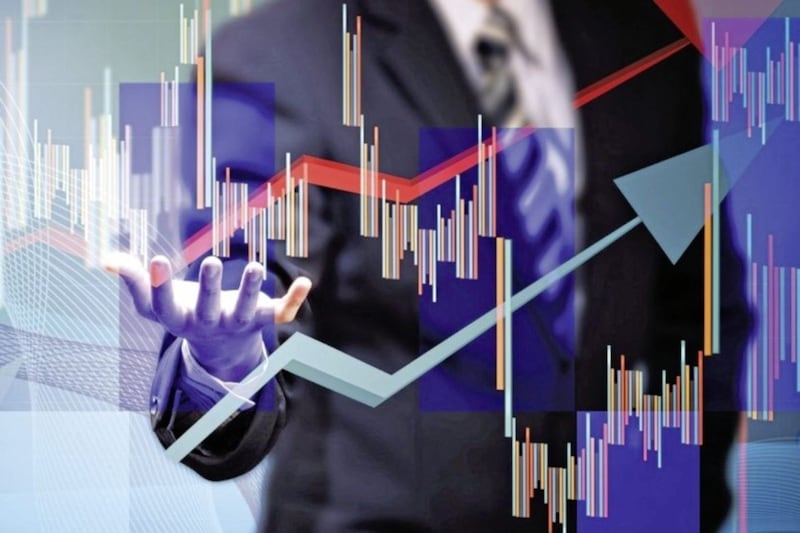IT'S hard to get a handle on the direction of the market at the moment, with so much going on. The inflation question is leading to a lot of column inches, with opinion split as to how serious the threat is.
For those of us who remember the 1970s, the spectre of inflation is daunting and the huge cash injections to revitalise economies globally are an obvious cause for concern.
The housing market is also soaring, spurred on by the stamp duty holiday, with many first-time buyers unable to gain a foothold and there has also been a massive surge in interest in crypto-currencies, along with a less appealing hike in volatility.
We have seen recent articles which point to Neil Woodford starting another investment management business – who would have thought it after his spectacular fall from grace only two years ago? These are interesting times indeed.
As we look forward to the summer there is undoubtedly a feeling of optimism, helped by the improving predictions of economic growth, in turn supported by the massive support from central banks.
The eye-watering number in the US – a total fiscal stimulus of $5.7 trillion – is hard to comprehend but it has certainly resulted in strong upgrades in growth forecasts (who would have predicted the US would see a rate of economic growth rivalling that of China?).
Markets continue to reflect this optimism: last week saw most markets up again, with the S&P 500 in the US trading close to its all time high. Much has been made of a potential rotation from growth to value stocks and we have already seen evidence of this, if this does prove to be an enduring trend the UK market should benefit with its bias towards financials, energy and materials.
The undoubted stellar performance last year came from the technology sector, but it has stuttered a little so far this year, the latest headwind being the agreement between the G7 finance ministers to reform the global tax system with a minimum of 15 per cent corporation tax rate agreed. This is likely to impact many of the high-profile multinational tech giants.
There is then a huge amount to digest, but the most dominant factor in all of this remains the pandemic. Most countries are still subject to some sort of restrictions, while the emergence of new variants (which appear to travel between countries with remarkable ease) still has the capacity to derail economic recovery. So too does the uneven vaccination roll-out.
While here in the west we are seeing a hugely successful programme, until this is replicated worldwide the pandemic persists and normality is unlikely to return. There are also some interesting side effects of the lockdowns: as hospitality slowly re-opens shortages of labour are becoming evident as many previously employed in the industry have retrained.
The impact of the pandemic has been unprecedented, and it will be some time before it can be assigned to history. In the meantime, the somewhat hackneyed phrase “cautious optimism” seems appropriate when considering the stock markets and their future direction.
:: Cathy Dixon is a partner at the Belfast office of Smith & Williamson Investment Management. This article does not constitute a recommendation to buy or sell investments and the value of any shares may fall as well as rise.









